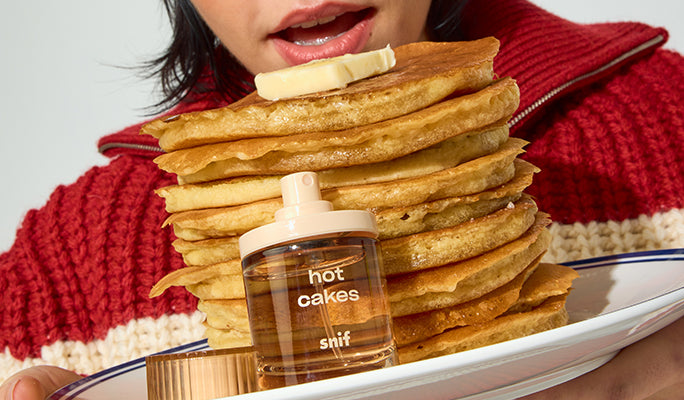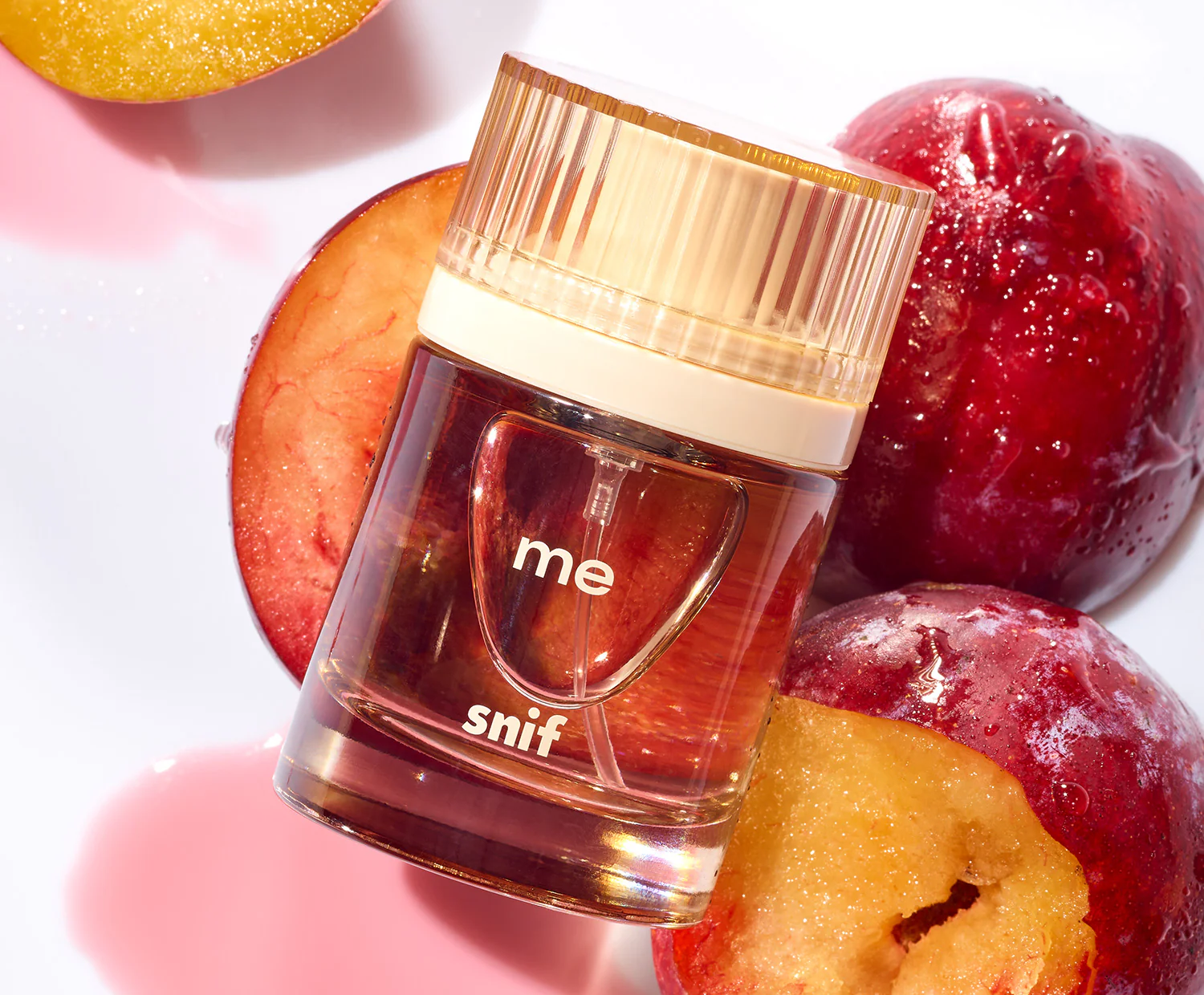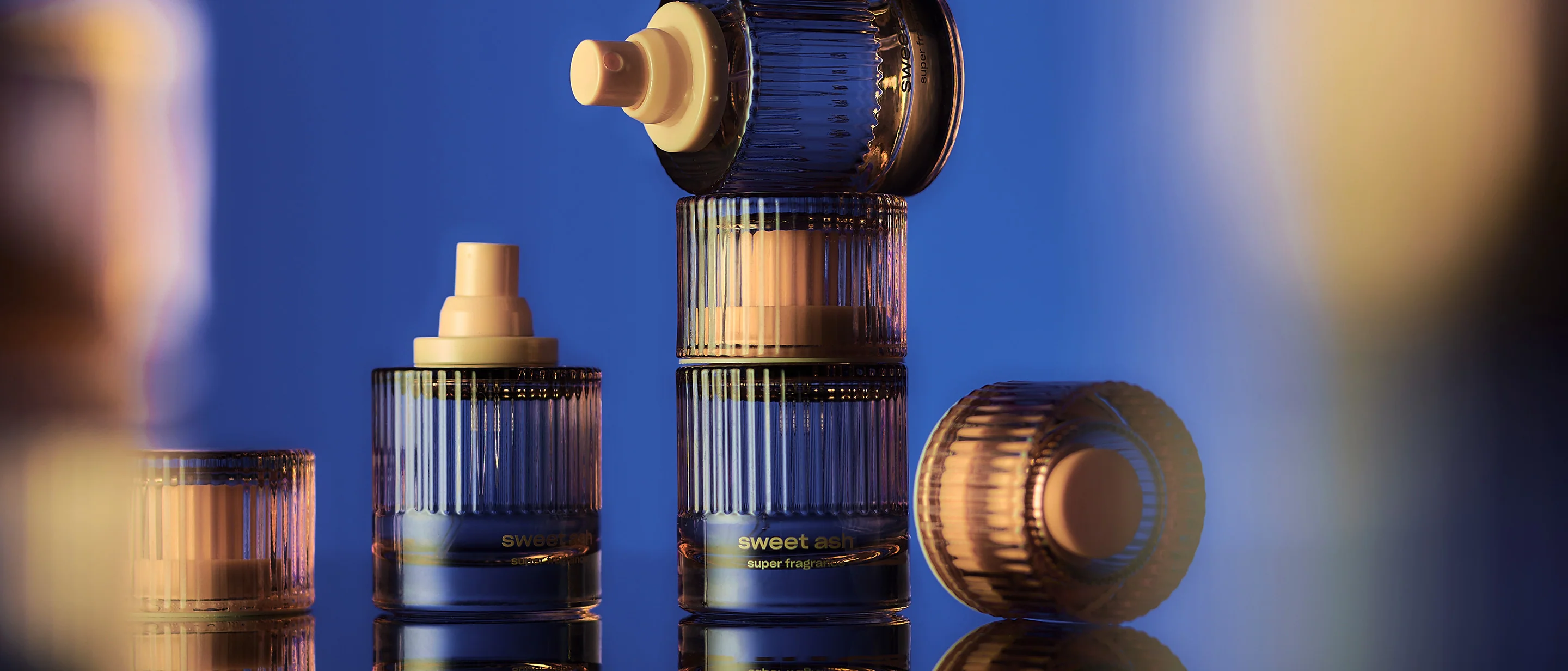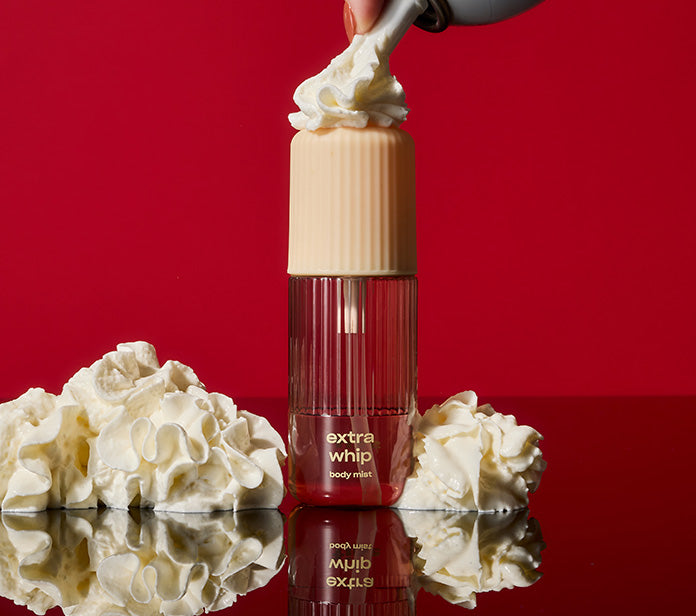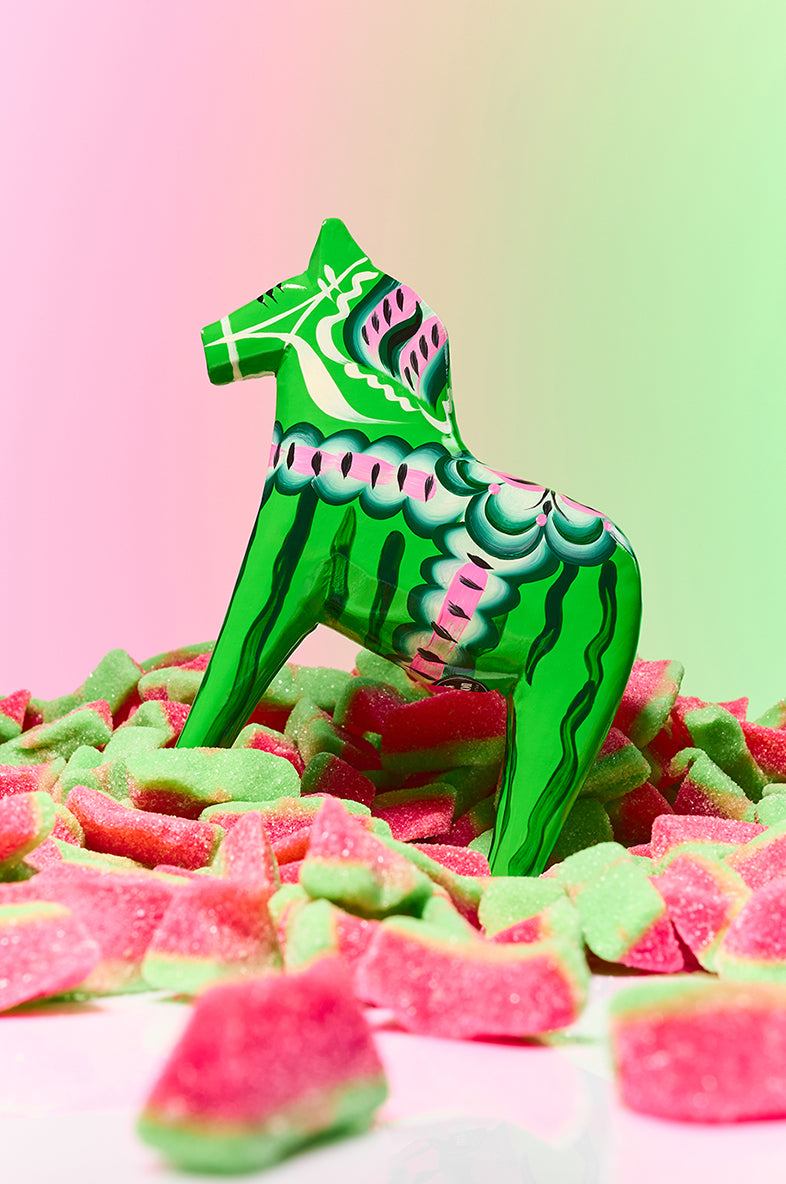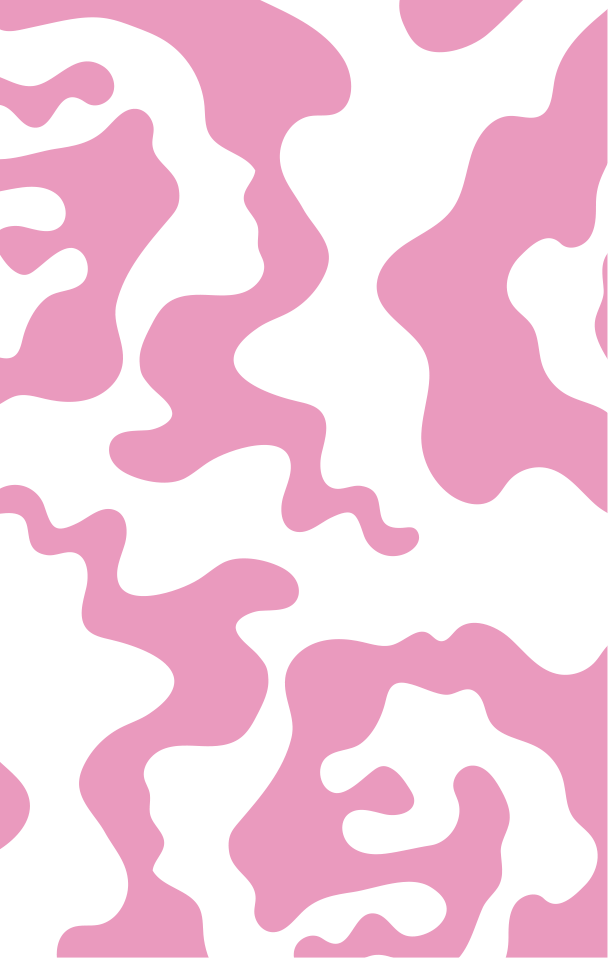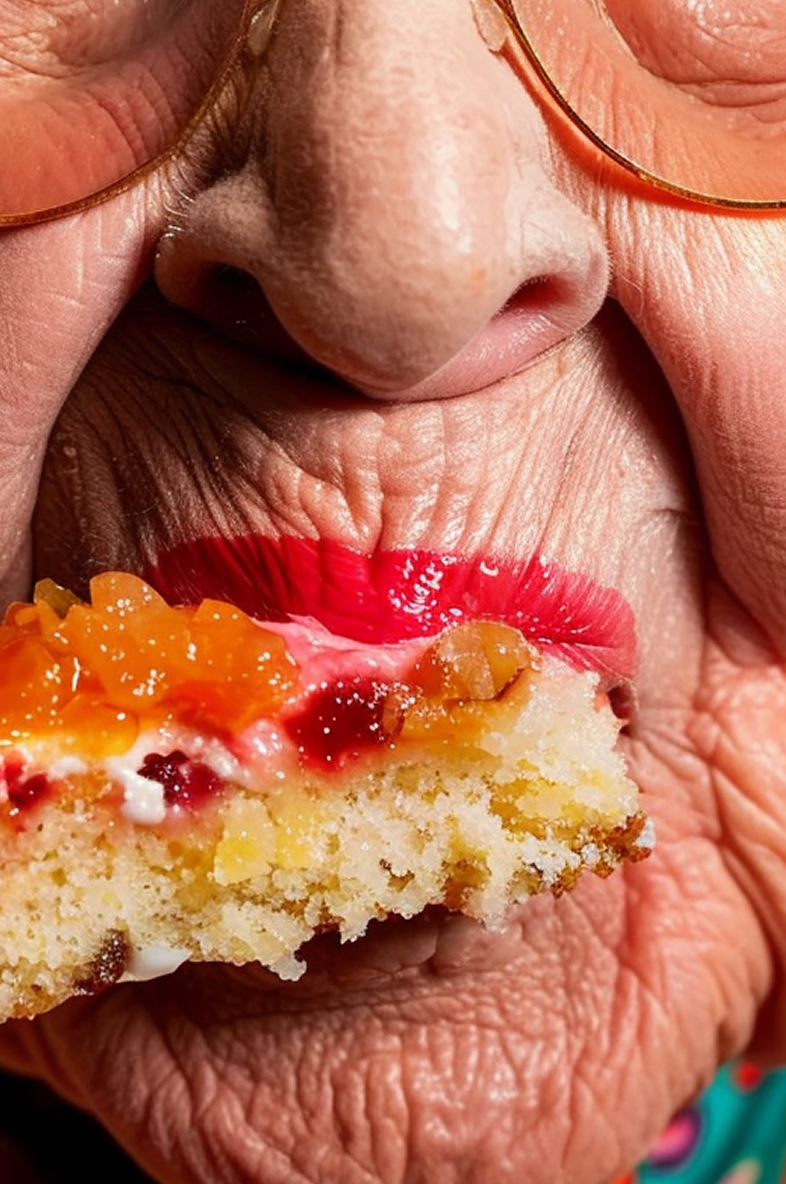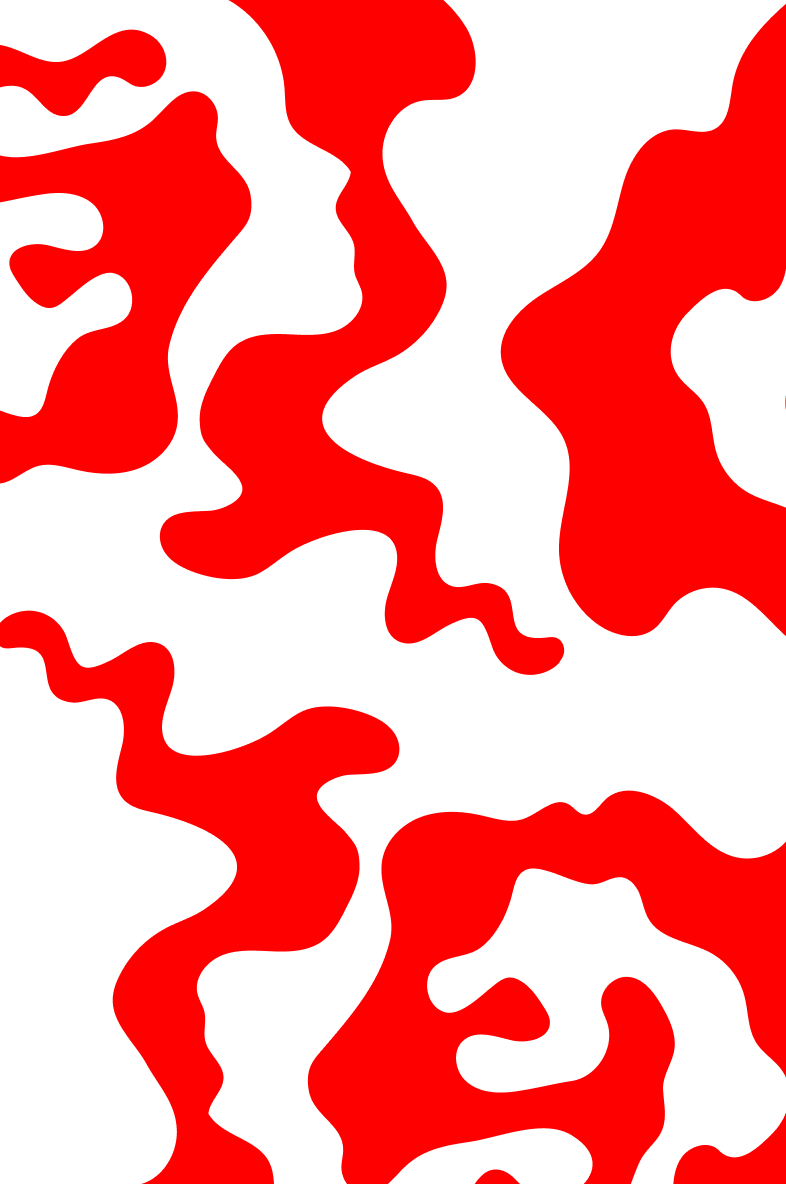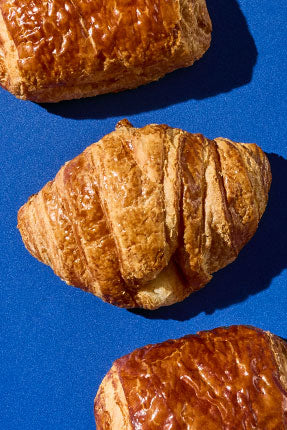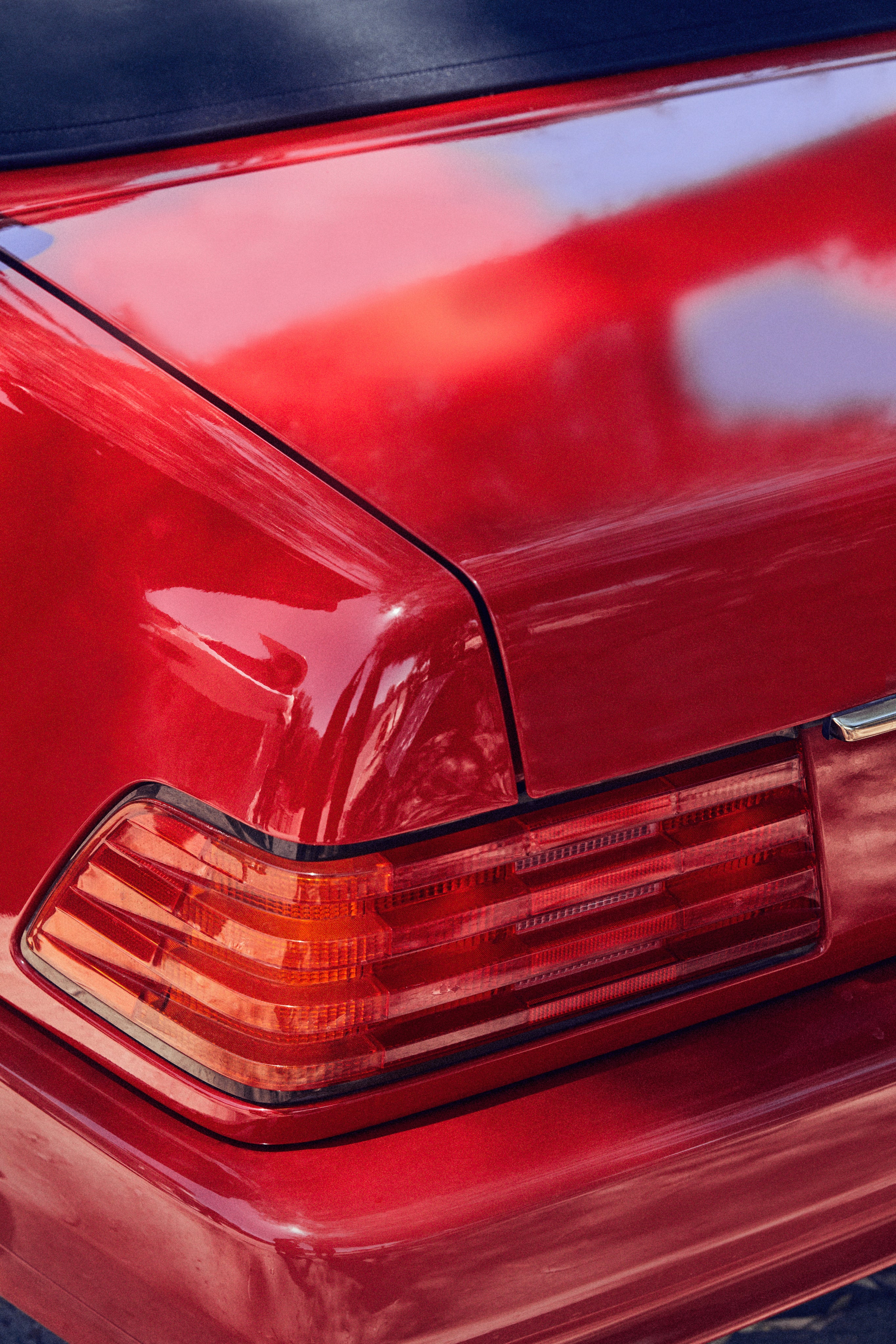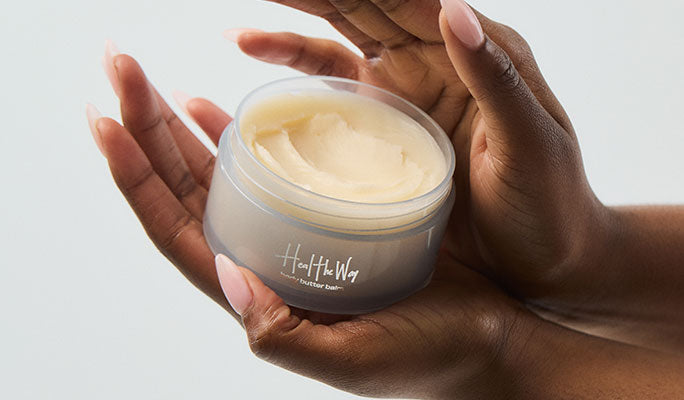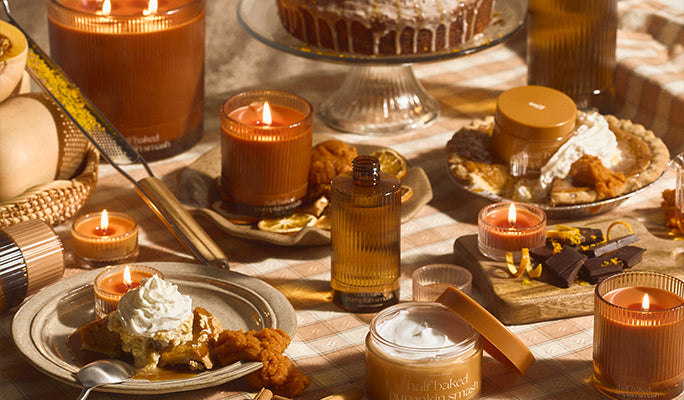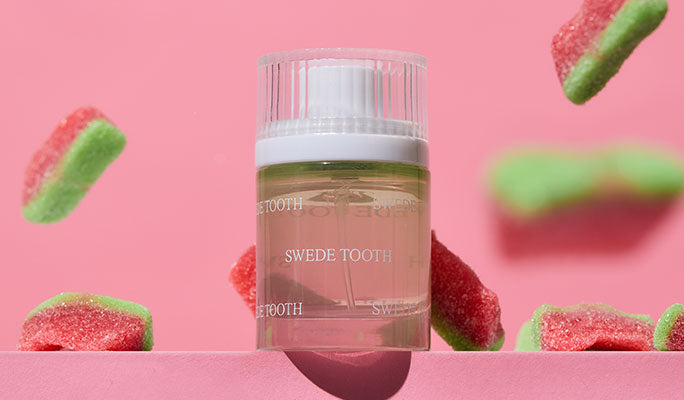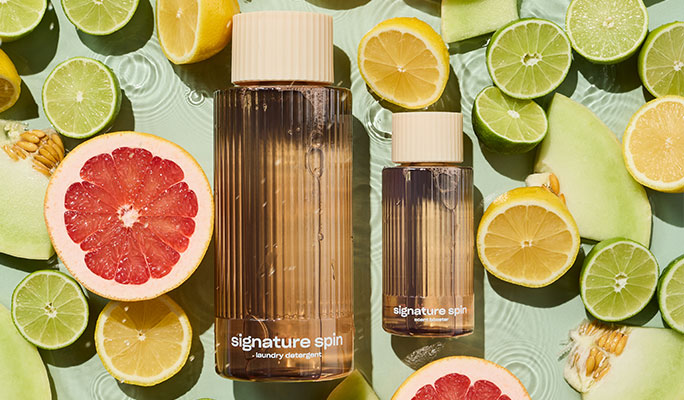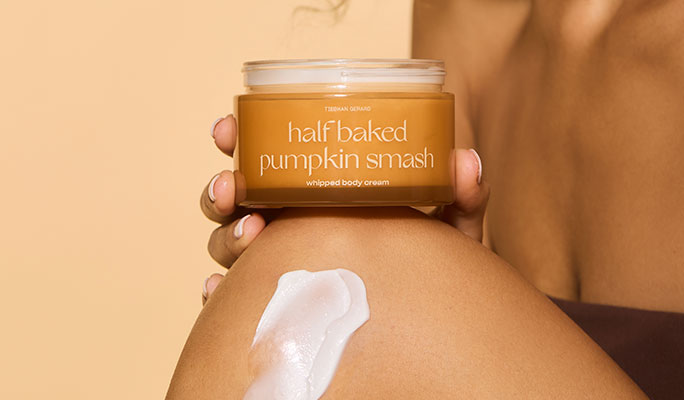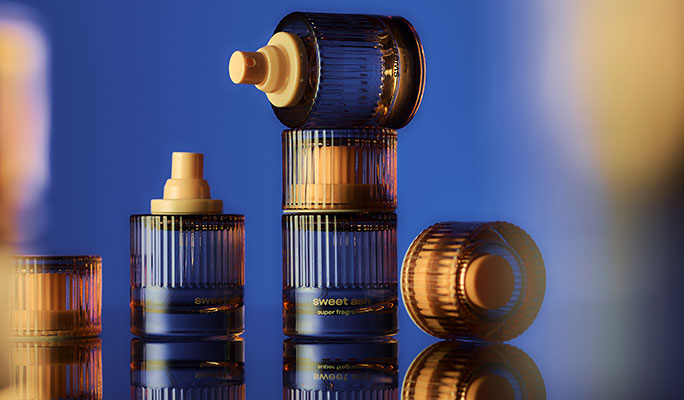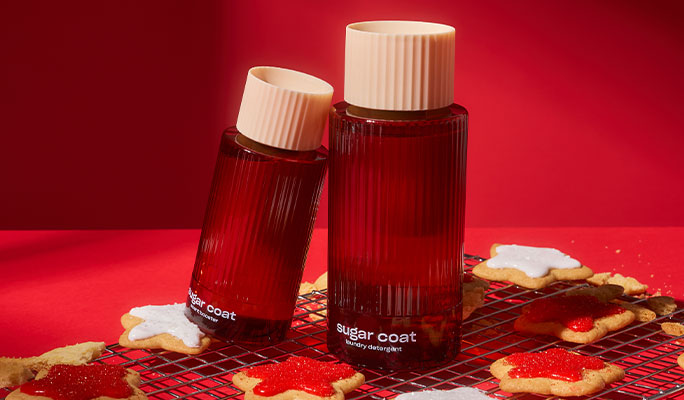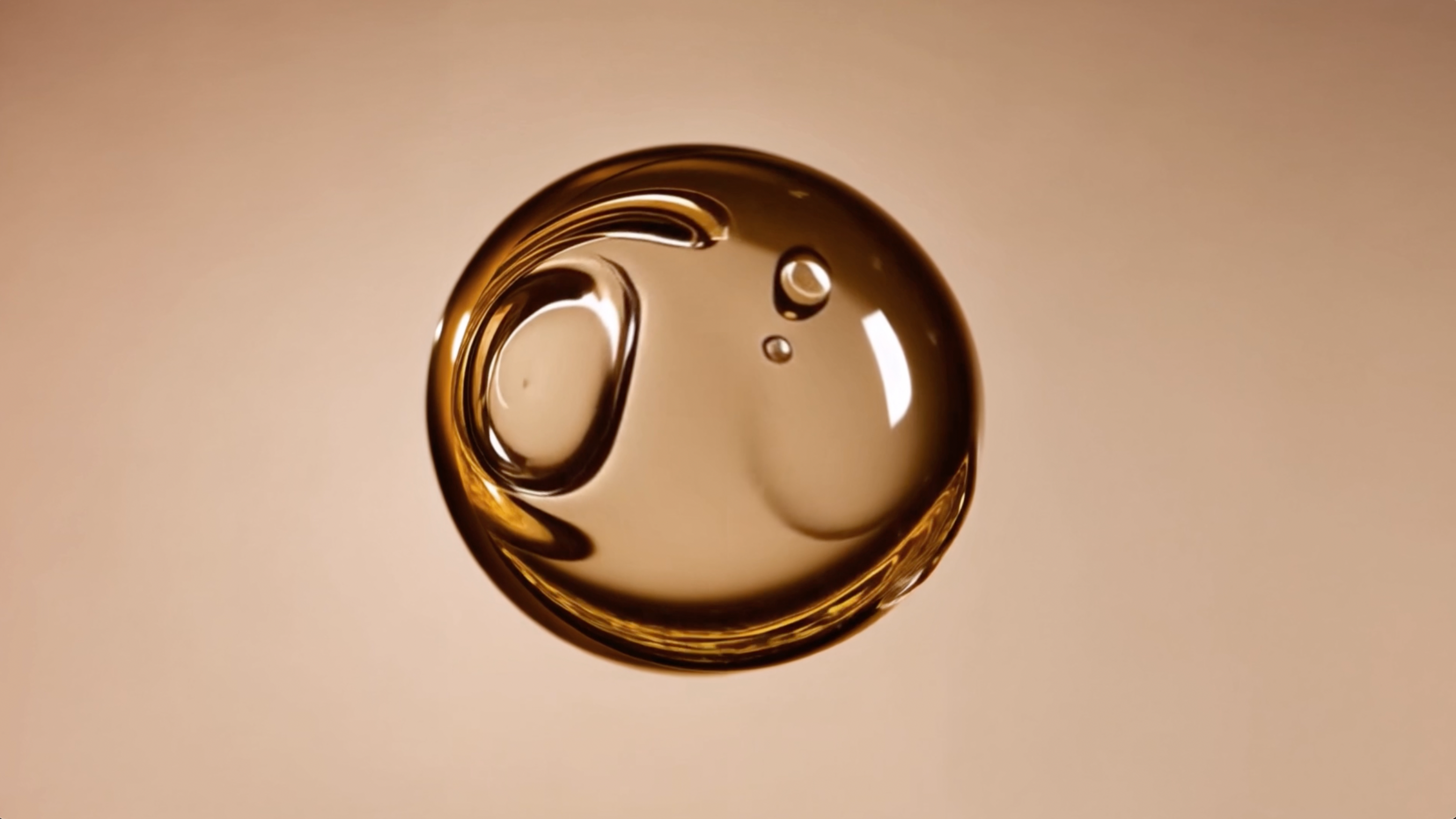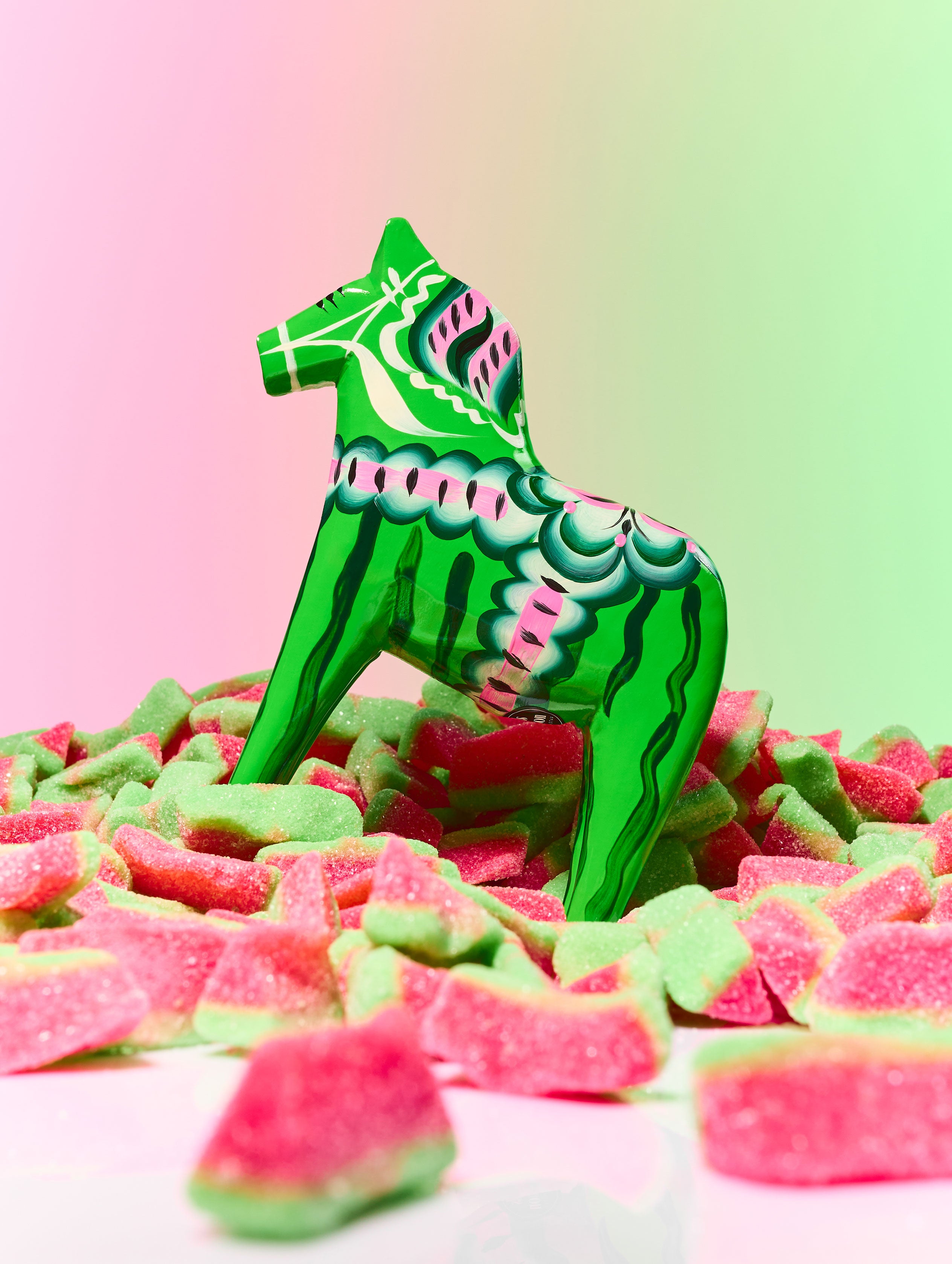When you're looking forward to the fresh scent of laundry, only to be hit with a wave of a not-so-pleasant aroma, it can be such a letdown. The math isn't mathing… or is it?
Sometimes laundry can become overcomplicated, but we have all the dirty secrets your clothing (or washing machine) may be trying to hide. We're diving into why your clothing has a bad odor and what you can do to turn things around.
Why Do My Clothes Still Smell After Washing?
Mystery odors can be such a pain to deal with, especially when they're coming from your clothing. There are some common reasons laundry can come out smelling worse than it went in. Consider which possibilities may apply to your situation. It may be all three!
Your Washing Machine Is Dirty
I bet you didn't see this coming, but you have to clean your washing machine. While your washing machine is literally a cleaning machine, it still needs time and attention.
Think of it like your shower. You get clean in there, but what happens if you don't scrub your shower from time to time? Mildew starts to grow, and gunk starts to collect in the corners. Well, the same thing happens in your washing machine.
Put simply, bad things can happen when you try to wash your clothing in a machine full of mildew. It gets into your clothing, and a smell starts to develop. It can even be harmful to your health, so it shouldn't be overlooked!
Your Laundry Load Is Too Big
We get it — you don't want to spend hours doing laundry. You shove as much clothing in as possible and hit the wash cycle. However, stuffing your machine to the brim can backfire.
Overloading the washer is bad for the machine and can lead to your clothing not getting properly cleaned. Clothes need space to be rinsed and cleaned thoroughly. Grime and dirt can become trapped when they are all packed together, and the results are less than desirable.
Your Clothes Need a Deeper Clean
When your clothing is extra dirty, sometimes one wash isn't enough. Clothing can cling to certain scents like body odor and other musty smells. You may need to pre-treat them before they go into the washer or run them through the cycle twice.
How Can You Remove Bad Smells From Clothes After Washing?
The good news is there are plenty of tips for getting your clothing back in tip-top scent shape. Most are quick fixes you can implement in seconds. It is important to note that not all clothing can be subjected to these remedies! Make sure you're reading the fabric labels before proceeding.
Wash on Hot
It may be time to turn up the heat. Cranking up the water temperature on your washer can help get rid of unpleasant odors hanging out in your clothing, and there's actually a science behind it.
Hot water molecules move faster than cold water — and the faster the molecules are moving, the better they can clean clothing and loosen up any germs or dirt in the fabric.
Hot water is also helpful at killing the bacteria in your clothing that may be causing the bad smells. If you think bacteria is the culprit, make sure the water is hot and not warm. Bacteria can thrive in warm water. You may also want to run your clothing through an extra rinse cycle.
Just keep in mind that not all clothing is suitable for hot water — hot water can cause bright colors to fade faster, and it might even shrink certain fabrics. It’s generally best to avoid using hot water on silk, wool, or viscose, and to check the care label on your clothes if you aren’t sure.
Swap Your Detergent
There’s a chance your laundry detergent may be to blame for your dirty clothes. Detergent sheets and powders, for example, can sometimes be less effective at odor and stain removal than liquid detergents.
Test out your detergent and see how well it removes basic stains. If you still see dirt or food stains, it's probably not removing things like oil and body odor. Switch up your detergent and see if you get better results.
Add Scent Boosters
Scent boosters are one of the easiest ways to make your clothes smell better. These little beads work like magic, infusing your smelly clothes with your favorite scent. It's almost like deodorant for your laundry.
Most scent boosters are safe to use for all colors and fabrics. You simply pour a little (or a lot) of the scent beads into the cap and toss them into your empty washer. Place your clothes and detergent into the washer, and wash normally. The scent beads will dissolve into your clothing, creating a lasting freshness.
Just like you can customize your fragrance, you can also play around with your laundry scent. Choose complementary scents in your detergent and scent boosters to create the perfect fragrance profile every time you do your laundry.
Try Baking Soda To Deodorize
Baking soda isn't just for baking — it's also a great product to use to deodorize your laundry.
The bad odor coming from your clothes may be coming from bacteria, and some laundry detergents aren't powerful enough to break down stubborn bacteria and need a little assistance. Baking soda gives detergent a boost in the odor-fighting department. It works by regulating the water's pH level in your washer, keeping it from becoming too acidic.
Here’s how to use baking soda for your laundry:
- Add 1/2 cup of baking soda to your laundry. You can sprinkle it directly onto your clothes in the washer.
- Add your laundry detergent. You can use a little less since you're also using baking soda.
- Wash your clothes on the normal cycle.
You can also use a baking soda and water mixture as a presoak for tough odor problems. For example, smelly gym clothes may need extra love. Combine one to two cups of baking soda in a bucket of water and submerge your clothing.
Add Vinegar To Your Laundry
You may not immediately associate white vinegar with fresh-smelling laundry, but it can work wonders.
It eliminates odor by removing sweat clinging to the fibers. Vinegar can help get rid of stubborn oil, grass, and rust stains, and its acidity can even help deodorize clothing that smells like mildew. It also breaks down any buildup from detergent or other gunk in the clothing to make it softer — in other words, the benefits are honestly pretty endless.
Just keep in mind that washing your clothing in vinegar isn't something you should do every load. It can definitely take a toll on more delicate fabrics, so limit the use to every other week or every other use as necessary.
You can use vinegar in your laundry with a few different methods. The first is by adding it to your washer's fabric softener dispenser, but you can also pause your washer before its final rinse and add a 1/2 cup of diluted white vinegar to your clothes. Your other option is to just use it in a presoak before washing — simply add a cup of white vinegar to water and submerge your clothing, allowing it to soak before washing as normal.
Clean Your Washing Machine and Start Over
If you haven't cleaned your washing machine recently (or ever), we’ll be the ones to tell you it's time. Your washing machine can become a breeding ground for bacteria and mildew. There may also be a buildup of old detergent and fabric particles in your washer, and this gunk can get into your clothing and cause a mildew smell.
Mildew can also have harmful effects on your skin and health. Avoid these issues by running a cycle with hot water and bleach. Run a complete cycle with just water once the bleach cycle is complete. You can also use vinegar and hot water to clean your washer.
How To Prevent Bad Smells in Clothes
Although it’s definitely possible to get musty odors out of your clothes, we can all agree that the dream would be to prevent them from happening in the first place.
That’s why, in this section, we’re going to take a close look at some simple strategies to keep your clothes from developing that unpleasant mildew-y or mold smell.
By using these simple tips, you can make sure your clothes smell better and last longer.
Don’t Leave Clothes Sitting Wet
Arguably the best way to make sure your clothes don’t start to smell is to minimize the amount of time they spend sitting wet in the washing machine. Although it happens to us all every once and a while, try to be diligent about switching your clothes over from the washer to the dryer or drying rack as quickly as possible.
When your clothes are left for too long in the washer after a cycle, mold and mildew spores can start to develop. In fact, given that wet clothes are such an ideal breeding ground for both, they can start to grow within a few hours. Aside from just smelling bad, mildew and mold can trigger allergic reactions and cause other health problems.
That being said, make sure to set a timer on your phone, oven, or another appliance in your home so that you can change over your clothes as soon as they finish.
If you do your laundry in a laundromat, consider taking along your laptop or a book so that you can stick around while your clothes are in the washer. This will make it easier to be diligent about moving your wet clothes over to the dryer.
Do Laundry More Often
Another way to prevent bad smells in your clothes is to increase the frequency of loads you do so that bacteria, fungi, viruses, and other harmful germs don’t have time to grow. Unfortunately, dirty clothes (especially clothes that are moist from sweat or rain) are ideal breeding grounds for bacteria and germs.
For this reason, clothes that get especially dirty or come into more direct contact with your skin (think gym clothes, underwear, etc.) should be washed after every use. You should also get them into the washer as soon as possible to cut down on the time they spend lying around dirty in your home. Other clothing items that should be washed after every wear include T-shirts, socks, and bathing suits.
When it comes to clothes you wear frequently, like jeans and pajamas, you should consider washing them after every two to three wears. Other items you wear often but might not get as dirty, like pants, skirts, sweaters, and dresses, can be washed every three to four wears.
Although it’s sometimes an inconvenience, make sure to wash your outer layers like coats, jackets, and blazers at least once a season or more to keep them fresh.
Dry Clothes Thoroughly
It can be tempting to cut a few minutes off a dryer cycle to get the whole laundry process done and over with ASAP. Unfortunately, you can’t cut corners when it comes to time spent in the dryer or on the drying rack.
Given that moisture is one of the key factors needed for mold and mildew to grow, making sure clothes are thoroughly dried is one of the best defenses to stop their growth.
If your home and the climate allow, try air drying your clothes in sunlight. When you do so, the sunlight acts as a natural disinfectant and can kill any harmful fungi (like mildew or bacteria such as Staphylococcus aureus). Specifically, it’s the UV rays that kill harmful germs and remove unpleasant odors. You might also find that when you air dry your clothes, they have an even fresher smell.
Last but certainly not least, air drying your clothes will help you cut down on your energy consumption — which is good for both your wallet and the planet.
Wash Sweaty Clothes Promptly
As we said before, certain types of clothes need a little bit more TLC when it comes time to wash them, and sweaty clothes are at the top of the list.
Washing your damp gym clothes, work clothes, or any other clothes that you sweat in properly is an easy way to make sure they stay as fresh as possible and the rest of your clothes don’t absorb any bad smells from them in the laundry basket.
If you can’t immediately toss your sweaty clothes into the washer, let them air dry. Doing so lessens the likelihood of bacteria, fungi, and other harmful germs developing and also keeps your other dirty clothes (that aren’t sweaty and stinky) from smelling just as bad.
Once you’re ready to run a load of laundry, as mentioned earlier, you can soak your sweaty clothes in a vinegar and water solution. Letting them sit in this solution for at least thirty minutes will help neutralize the odors, break down the sweat, and remove dirt.
Before you toss them into the dryer, turn all your sweaty clothes inside out. This helps the detergent more effectively reach the fabric that was directly in contact with your skin.
Given that sweaty clothes are usually also synthetic materials, it’s a good idea to wash them on a gentle cycle with cold water. Although it might seem counterintuitive, these settings will protect the elasticity of the fabric and prevent shrinkage.
You can even add a few drops of essential oil to the load to be doubly sure that your sweaty clothes come out smelling as fresh as possible. Consider essential oils such as tea tree or lavender for the wash. Both of these oils are thought to have natural antifungal properties that can act as another layer of protection for your clothes against mildew and give them a pleasant smell.
So Fresh and So Clean
Say goodbye to bad odors and hello to clean clothes. Washing clothes with high-quality detergent and a little baking soda or vinegar will help prevent sour smells. These laundry hacks are all tried and true ways to smell like you stepped out of a fragrance ad. You (and your clothing) deserve to be so fresh and so clean, clean.
Sources:
Heat- Energy on the Move | American Chemical Society
How to Use Science-Backed Ways to Get Any Smell Out of Your Clothes | Healthline
What is Baking Soda? Uses, Health Benefits, Side Effects, and More | Everyday Health
